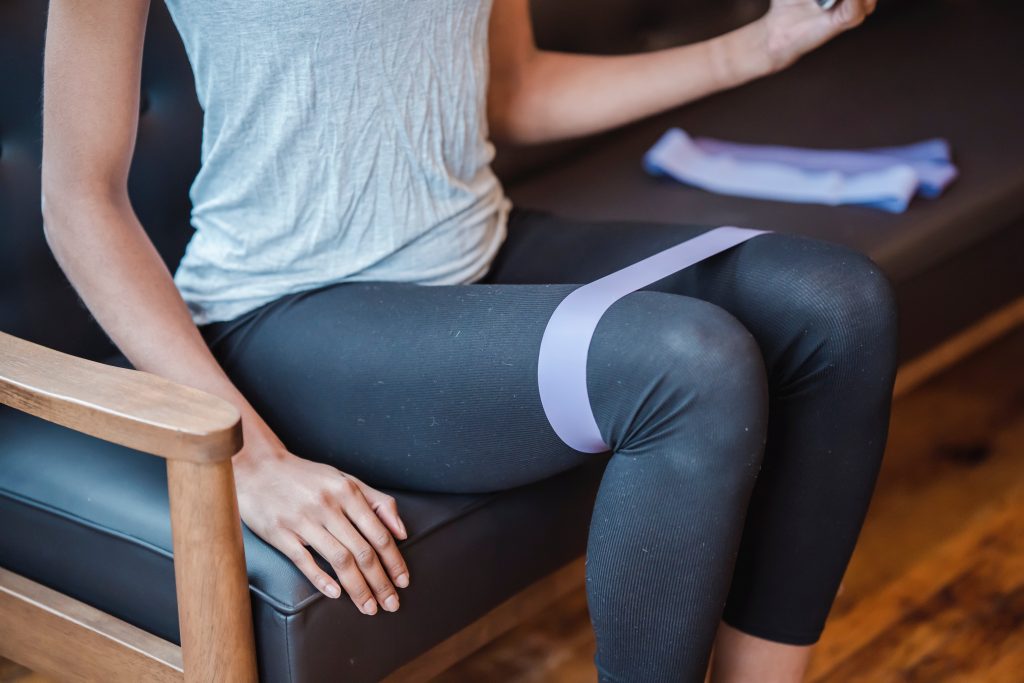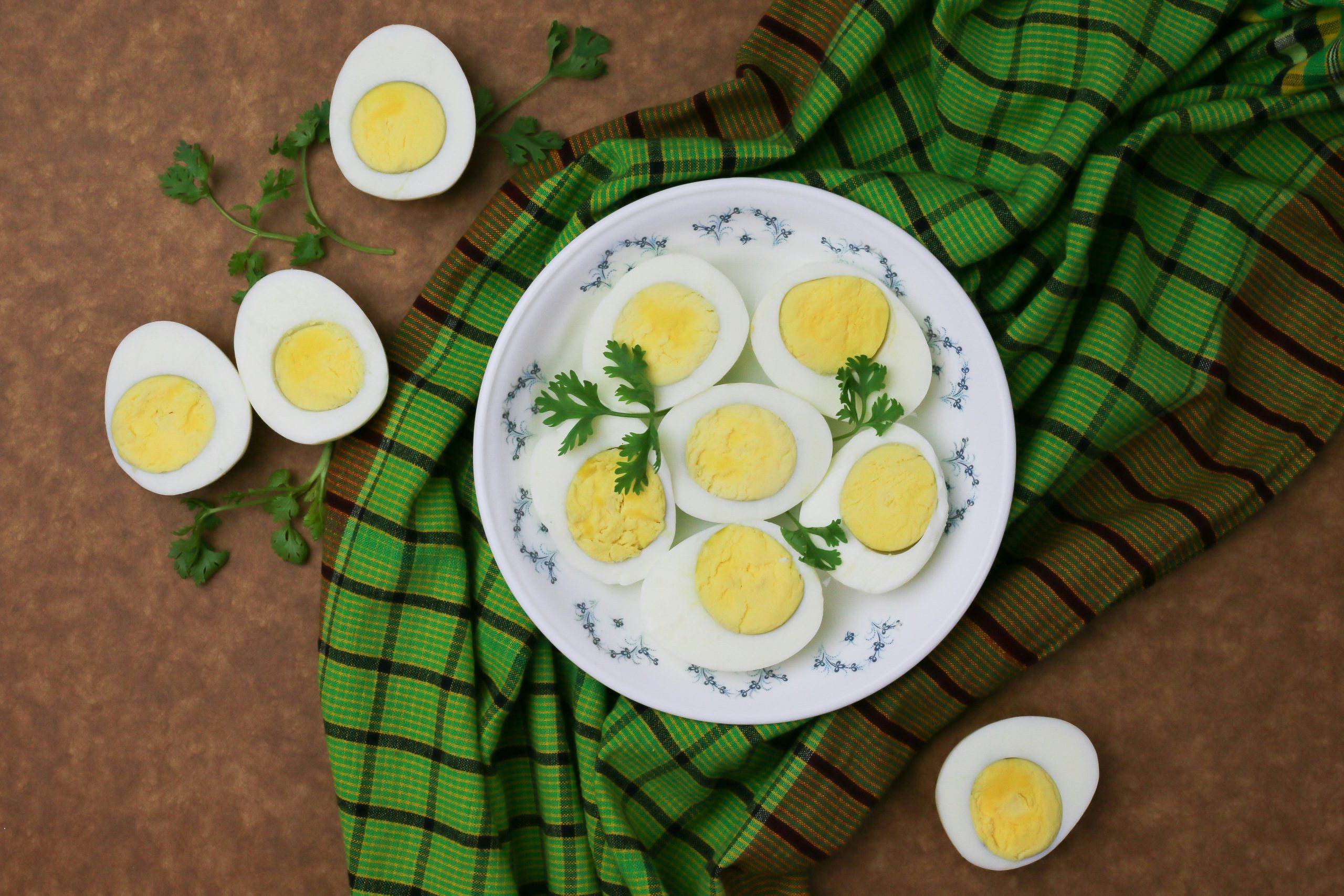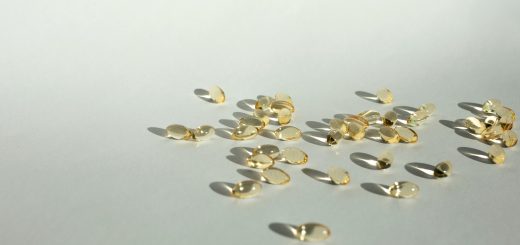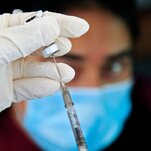10 Best Ways to Increase Your Immunity
In the wake of the coronavirus scare that is sweeping the world, people want to know what they can do to improve their immune system to protect themselves. Here are the top 10 ways to increase your immunity naturally.
1. Follow an Immune-Boosting Diet
Your diet is your first line of defense. Studies highly recommend following a natural diet that focuses on whole foods while minimizing processed foods and sugars. In particular, you should eat more of the following:
Dark Leafy Greens: Vegetables like broccoli, kale, spinach, and cauliflower support immune cells called intra-epithelial lymphocytes (IELs). Found in the gut and on the skin, dark leafy green veggies strengthen these cells and improve your immune function. [1]
Nuts and Seeds: Packed with healthy fats that support hormone health and weight management, nuts and seeds are also a fantastic way to keep your immune system strong. Almonds, for example, have been shown to support cells that prevent viral infections. [2]
Low-Sugar Fruits: Citrus fruits and berries are two examples of low-sugar fruits that also help to strengthen the immune response. These fruits contain a variety of beneficial compounds including flavonoids, alkaloids, and essential oils; all of which are proven to give you an immune boost. [3]
2. Eat More Garlic

Garlic contains allicin, which has been shown to possess anti-bacterial, anti-microbial, and immune-boosting properties. You can consume raw garlic by either chewing it or chopping up a clove into small pieces and swallowing it with water. Another option is an aged garlic supplement. [4]
3. Drink Green Tea

Green tea has been a staple of an Eastern diet for thousands of years. It offers a variety of benefits including focus, energy, and weight loss. Another powerful antioxidant, green tea contains epigallocatechin gallate (EGCG), which has been shown to destroy free radicals and trigger an improved immune response. [5]
4. Don’t Forget to Add Ginger
A spicy root that you can make a tea out of it, ginger provides a number of health benefits including better digestion. When it comes to the immune system, ginger has been shown to decrease inflammation and improve immune function. [6]
5. Supplement with the Right Ingredients
Zinc: Used as a study aid, brain booster, and sports recovery supplement, zinc is also essential for the immune system. Studies show that it decreases oxidative stress and inflammation. [7]
Magnesium: Responsible for hundreds of bodily processes, magnesium is an essential mineral to have in your diet. Most people are deficient in magnesium, which could increase the risk for getting sick since this mineral supports the immune system. [8]
Vitamin D: During the colder months, people tend to get sick because of a lack of vitamin D. Aside from being essential for immune function, vitamin D is also necessary for hormone health and optimal wellness. [9]
Probiotic: A GOOD probiotic will help increase your ‘good’ bacteria in your guts to help boost immune system, digestive health, allergies and numerous other benefits. *
6. Exercise

Despite some unfounded rumors, moderate exercise has been shown to increase – not decrease – the functioning of the immune system. With that said, overtraining combined with a lack of proper recovery can do the opposite. The recommended amount of exercise from the Center for Disease Control is as follows: [10]
- 150 minutes of moderate-intensity exercise or physical activity per week (30 minutes per day for five days)
- OR
- 75 minutes of high-intensity exercise or physical activity per week (25 minutes per day for three days)
7. Soak Up Some Sun
Sunlight helps to strengthen a special type of lymphocyte called T-cell, which is important for fighting infections. It’s also how your body naturally produces healthy levels of vitamin D. As we discussed above, vitamin D is an immune-boosting nutrient.
Some experts recommend getting 5 to 10 minutes of sunlight per day, exposing 40% of your body to the light. This recommendation should be verified with your doctor, especially if you have a history of skin cancer. [11]
8. Meditate
Mindfulness meditation has been shown to improve your T-cell count and overall immune function. Sit or lie down in a quiet room. Take three full breaths in through your nose and out through your mouth. Close your eyes after the third breath. For 5 to 15 minutes, focus only on your breathing. Thoughts will arise but let them go and always come back to the breath. [12]
9. Have a Laugh
While more research is needed, some studies suggest that laughter can improve T-cell function and immune response. Instead of staying glued to social media where fear mongering and negative news seems to be at its worst, watch a funny movie or standup comedy special. Have a positive chat with a friend about exciting future goals. The idea is to get the good vibes flowing through positive thinking and laughter. [13]
10. (Above All) Sleep More
It is during the night hours – especially between 10 p.m. and 2 a.m. – that your body releases its greatest amount of growth hormone. Studies show that healthy levels of growth hormone are necessary for optimal immune function. The majority of sleep experts still recommend no less than seven hours per night. [14][15]
Get Some Help to Boost Immunity
Did you notice that all of the ways to boost your immunity had one thing in common? They are all lifestyle based. Life can get crazy and we don’t always have time to sleep eight hours per night or eat a well-balanced diet.
If you want to fill those nutritional gaps with proven immune-boosting ingredients, try our Fruits & Greens.
By utilizing a wholefood blend, this is a product that you can feel confident taking to help you get through the day with natural energy and immune boosting ingredients.
References
- Li Y, Innocentin S, Withers DR, Roberts NA, Gallagher AR, Grigorieva EF, Wilhelm C, Veldhoen M. Exogenous stimuli maintain intraepithelial lymphocytes via aryl hydrocarbon receptor activation. Cell. 2011 Oct 28;147(3):629-40. doi: 10.1016/j.cell.2011.09.025. Epub 2011 Oct 13.
- Arena A, Bisignano C, Stassi G, Mandalari G, Wickham MS, Bisignano G. Immunomodulatory and antiviral activity of almond skins. Immunol Lett. 2010 Aug 16;132(1-2):18-23. doi: 10.1016/j.imlet.2010.04.010. Epub 2010 May 11.
- Lv X, Zhao S, Ning Z, et al. Citrus fruits as a treasure trove of active natural metabolites that potentially provide benefits for human health. Chem Cent J. 2015;9:68. Published 2015 Dec 24. doi:10.1186/s13065-015-0145-9.
- Arreola R, Quintero-Fabián S, López-Roa RI, et al. Immunomodulation and anti-inflammatory effects of garlic compounds. J Immunol Res. 2015;2015:401630. doi:10.1155/2015/401630.
- Chacko SM, Thambi PT, Kuttan R, Nishigaki I. Beneficial effects of green tea: a literature review. Chin Med. 2010;5:13. Published 2010 Apr 6. doi:10.1186/1749-8546-5-13.
- Mashhadi NS, Ghiasvand R, Askari G, Hariri M, Darvishi L, Mofid MR. Anti-oxidative and anti-inflammatory effects of ginger in health and physical activity: review of current evidence. Int J Prev Med. 2013;4(Suppl 1):S36–S42.
- Prasad AS. Zinc in human health: effect of zinc on immune cells. Mol Med. 2008;14(5-6):353–357. doi:10.2119/2008-00033.Prasad.
- Tam M, Gómez S, González-Gross M, Marcos A. Possible roles of magnesium on the immune system. Eur J Clin Nutr. 2003 Oct;57(10):1193-7.
- Aranow C. Vitamin D and the immune system. J Investig Med. 2011;59(6):881–886. doi:10.2310/JIM.
0b013e31821b8755. - Campbell JP, Turner JE. Debunking the Myth of Exercise-Induced Immune Suppression: Redefining the Impact of Exercise on Immunological Health Across the Lifespan. Front Immunol. 2018;9:648. Published 2018 Apr 16. doi:10.3389/fimmu.2018.00648.
- Phan, T., Jaruga, B., Pingle, S. et al. Intrinsic Photosensitivity Enhances Motility of T Lymphocytes. Sci Rep 6, 39479 (2016). https://doi.org/10.
1038/srep39479. - Black DS, Slavich GM. Mindfulness meditation and the immune system: a systematic review of randomized controlled trials. Ann N Y Acad Sci. 2016;1373(1):13–24. doi:10.1111/nyas.12998.
- Bennett MP, Lengacher C. Humor and Laughter May Influence Health IV. Humor and Immune Function. Evid Based Complement Alternat Med. 2009;6(2):159–164. doi:10.1093/ecam/nem149.
- Besedovsky L, Lange T, Born J. Sleep and immune function. Pflugers Arch. 2012;463(1):121–137. doi:10.1007/s00424-011-1044-0.
- Meazza, Cristina & Pagani, Sara & Travaglino, Paola & Bozzola, Mauro. (2004). Effect of growth hormone (GH) on the immune system. Pediatric endocrinology reviews : PER. 1 Suppl 3. 490-5.










